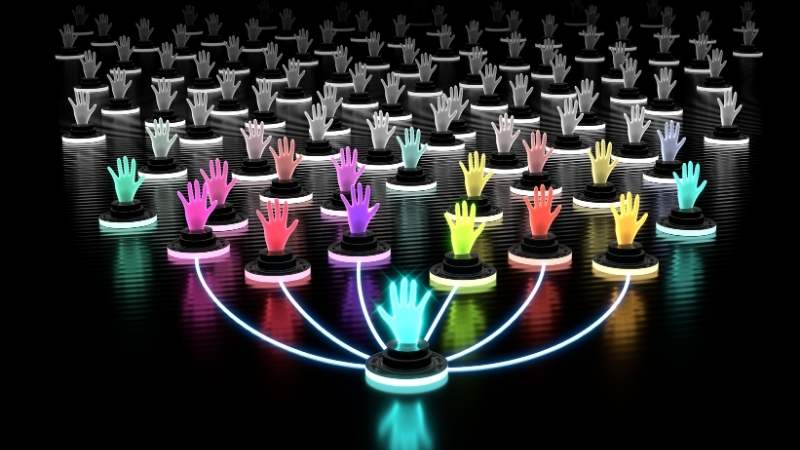Supervisors have positional power and personal powers. Supervisors with positional power must not neglect the cultivation of their personal powers because that’s how they make change happen.
Supervisors have powers that, when used well, may multiply their impact. Most supervisors do not know nor understand their powers beyond their job descriptions. Because of this, they become less effective as leaders.
Do you want to explore these powers?
I am writing a series of articles to help supervisors exercise leadership. It is not uncommon for Filipino supervisors to get promoted though they are not ready. They are also not aware of the powers that come with moving into management.
I will be happy to tell you.
What is positional power?
Your positional power is based on rank and authority given to you by your organization. The CEOs, presidents, managers, supervisors, and those employees given the control over other employees have positional power.
Positional power is given by the organization. Your organization can promote or demote you to higher positional power. It can also be taken away from you.
But because of this power, you can make people follow your orders. You can make them answerable to you.
There are three kinds of positional powers: legitimate, coercive, and reward powers.
Legitimacy Powers
Legitimate powers are the formal authority given to you by the organization. Call it your mandate. When given a title or position, you agree to exercise powers that will benefit the organization.
For example, in our country, the President of the Philippines has enormous powers, limited only by the powers of other branches of government: legislative, judicial, and constitutional institutions. Even if what he intends to do is not popular, if that is within his power, then he’ll be able to command officers of the executive branch to follow his orders.
Your direct reports do not have to agree or approve your leadership. If you give them directives that fall within your authority, they got to follow or suffer insubordination.
As I have said, not everyone has legitimate powers. So, use it wisely.
Coercive Power
Because of the supervisor’s legitimate power, you also have coercive powers. That means you can compel direct reports to follow you or suffer the consequences: getting a memo, suspension, or being fired.
In general, Filipinos fear those who are in power because some use their coercive power too often. This abusive use of coercive power is what we call power-tripping.
I am not discouraging you from using your coercive power, but use it judiciously when you use it.
Reward Power
Supervisors have the power to reward people for a job well done. You can come up with incentive schemes, recognition programs, and some kind of reward system. That means you do not have to spend your own money.
You give rewards. Make your organization spend some money on performance incentives. Ensure that you’ll be able to sell the benefits of your reward system both to your subordinates and the organization.
Titles and positions give leaders much power. And as is often said, “with great power comes great responsibility.” Use your legitimate, coercive, and reward powers well.
Your positional powers can be multiplied by your personal powers. Each one of us, with or without a position or title, can increase our personal powers.
What is Personal Power?
The supervisor’s personal power is your power to influence. It is your power to make people follow because they trust you, feel valued and cared for, and get your support. People see as a leader they can follow.
Some can lead without a title.
There are three kinds of personal power: expert, referent, and proximity. Big words, but don’t worry, I will try to simplify these terms.
Expert Power
Thought leaders and gurus are known for their expertise. Now, this does not mean that a supervisor has to be a guru to exercise expert power. What is important is that your co-workers consider you as the go-to guy. They recognize that the technical expertise to get the job done.
You can improve your expert power through deliberate training. People expect you to be able to help them when they need your help. It pays therefore to increase your expert power.
Referent Power
Leaders with referent power are those who people admire. They are considered to be the epitome. People refer to what you might do in a situation. They listen to your opinion, not so much because you are the expert, but because they trust your words.
Sometimes, referent power is a result of their favorable experiences with you.

Proximity Power
This power refers to your inside knowledge about the person. You may say that you have power because of your relationship with people.
At times, it is not so much about who you are and what you know but more about who you know. You may call these politics. Or networking. Or social climbing. What is clear is that the more you become connected to people, the greater your proximity power becomes.
Leadership is influence. Recognize that as a supervisor, you have powers because of your position. You can also increase your impact by building your personal power.
If your team is stuck in meetings, misalignment, or slow decisions…
Let’s design one shift they can use immediately.
→ Shift Experiences


